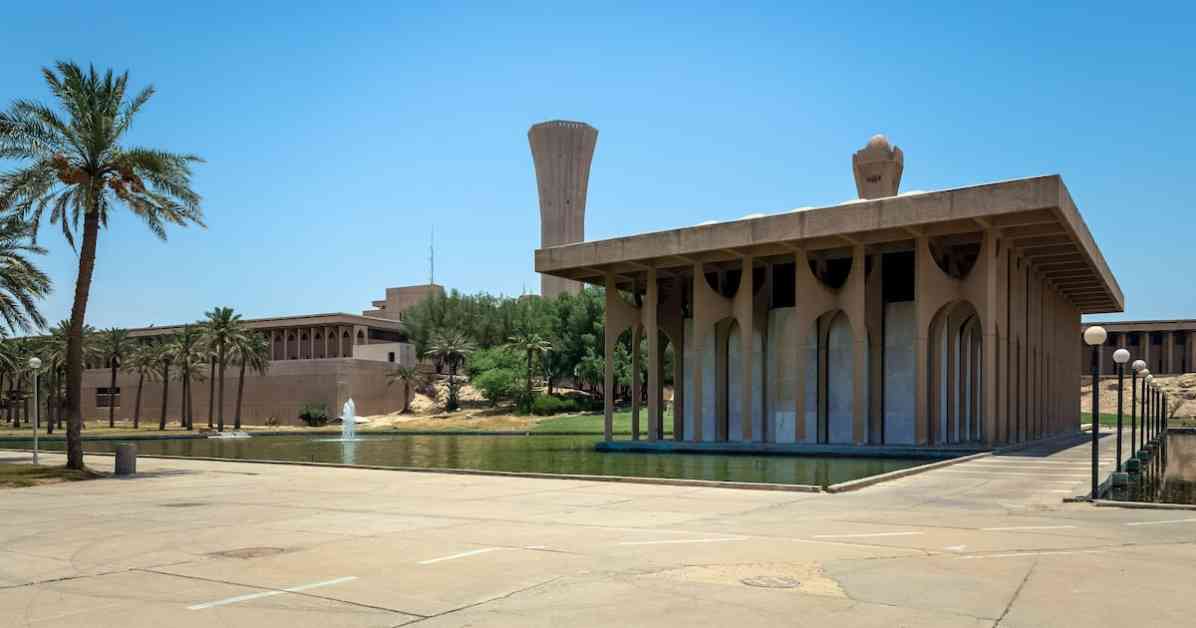Three universities in the Gulf region have been recognized for their commitment to sustainability, as they made it to the global top 100 list of higher education institutions. King Fahd University of Petroleum and Minerals in Saudi Arabia improved its ranking to joint 81st place this year, moving up from the 201-300 category in 2023. Al Ain University in the UAE also saw a significant jump from the 101-200 category to share the 92nd spot with the University of Bristol in the UK. Additionally, King Faisal University in Saudi Arabia moved up to the 99th position from the 101-200 band last year.
The latest Times Higher Education’s Impact Rankings, now in its sixth year, evaluated 2,152 universities from 125 countries based on their contributions to the United Nations’ sustainable development goals (SDGs). The universities were assessed on their dedication to sustainability across four key areas – research, stewardship, outreach, and teaching. Notably, universities in the Arab region showcased remarkable progress in sustainability indicators related to climate action, gender equality, zero hunger, quality education, and clean water and sanitation, among others.
Al Ain University was recognized as fifth for gender equality, while Egypt-Japan University of Science and Technology (E-JUST) in Egypt secured the 38th spot for climate action, and Jordan University of Science and Technology ranked 13th for good health and well-being.
The global affairs officer at Times Higher Education, Phil Baty, commended the significant strides made by higher education institutions in the Arab region in addressing pressing global issues through research, collaboration, and teaching. He highlighted the outstanding achievements of universities in Saudi Arabia, which excelled in seven out of the 17 goals and secured positions in the top 100 overall. Baty also praised the notable progress made by universities in Jordan and Egypt in individual SDGs and overall rankings.
In the UAE, universities have demonstrated a strong focus on lifelong learning and gender equality, with top institutions climbing the sustainability rankings. Al Ain University and UAE University were particularly recognized for their contributions to quality education, with a focus on early years and lifelong learning. Al Ain University stood out for its efforts in promoting gender equality, including the representation of senior female academics, women’s graduation rates, and the provision of childcare facilities for students and staff.
On a global scale, Australia and the UK dominated the top spots in the overall category, with Western Sydney University maintaining its position as the highest-ranked institution for the third consecutive year. Australia’s universities, in particular, have shown a strong commitment to addressing sustainability challenges, given the country’s experiences with bushfires, floods, and droughts. This heightened awareness of climate change issues has influenced how universities in these regions respond to the call for sustainable development.
With India having the highest number of universities in the rankings and Africa showing increased participation and performance, the global landscape of higher education institutions committed to sustainability is diverse and evolving. The recognition of universities in the Gulf region for their sustainability efforts signifies a growing emphasis on addressing global challenges and promoting a more sustainable future.


